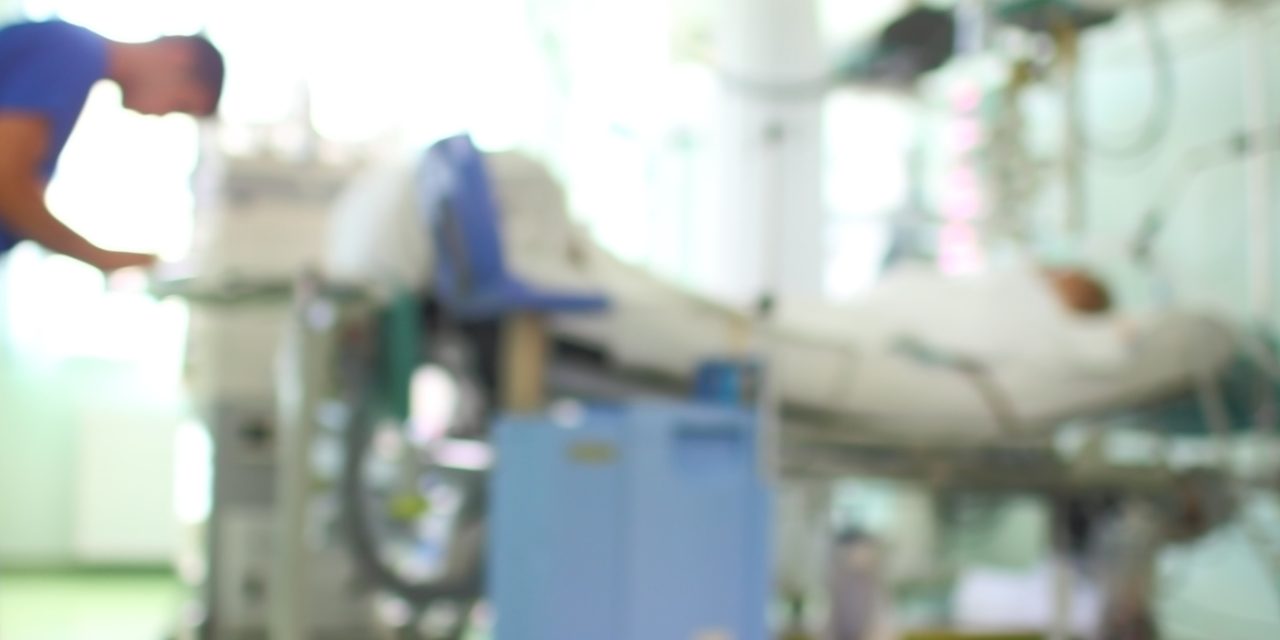The lack of a well-designed prospective study of the determinants of urgent dialysis start led us to investigate its individual- and provider-related factors in patients seeing nephrologists.
CKD-REIN is a prospective cohort study that included 3033 patients with CKD (mean age, 67 years; 65% men; mean estimated glomerular filtration rate (eGFR), 32 mL/min/1.73 m2) from 40 nationally representative nephrology clinics from 2013-16, who were followed annually through 2020. Urgent-start dialysis was defined as that “initiated imminently or < 48 hours after presentation to correct life-threatening manifestations" according to KDIGO 2018.
Over a 4-year (IQR, 3.0-4.8) median follow-up, 541 patients initiated dialysis with a known start status, 86 (16%) urgently. Five-year risks for the competing events of urgent and nonurgent dialysis start, pre-emptive transplantation, and death were 4%, 17%, 3%, and 15%, respectively. Fluid overload, electrolytic disorders, acute kidney injury, and post-surgery kidney function worsening were the reasons most frequently reported for urgent-start dialysis. Adjusted odds ratios (aOR) for urgent start were significantly higher in patients living alone (2.14; 95% CI, 1.08-4.25), or with low health literacy (2.22; 1.28-3.84), heart failure (2.60; 1.47-4.57), or hyperpolypharmacy (taking > 10 drugs) (2.14; 1.17-3.90), but not with age or lower eGFR at initiation. They were lower in patients with planned dialysis modality (0.46; 0.19-1.10) and more nephrologist visits in the 12 months before dialysis (0.81; 0.70-0.94) for each visit.
This study highlights several patient- and provider-level factors that are important to address to reduce the burden of urgent-start dialysis.
© The Author(s) 2021. Published by Oxford University Press on behalf of ERA-EDTA. All rights reserved.
Urgent-start dialysis in patients referred early to a nephrologist-the CKD-REIN prospective cohort study.


